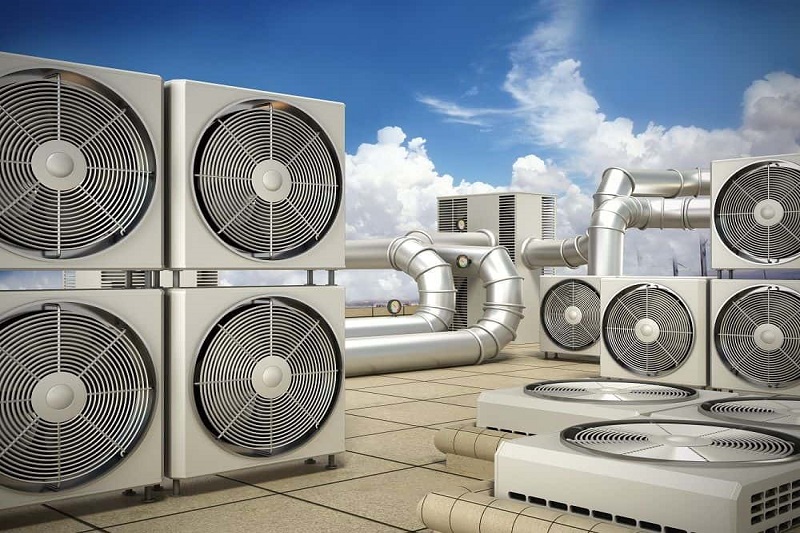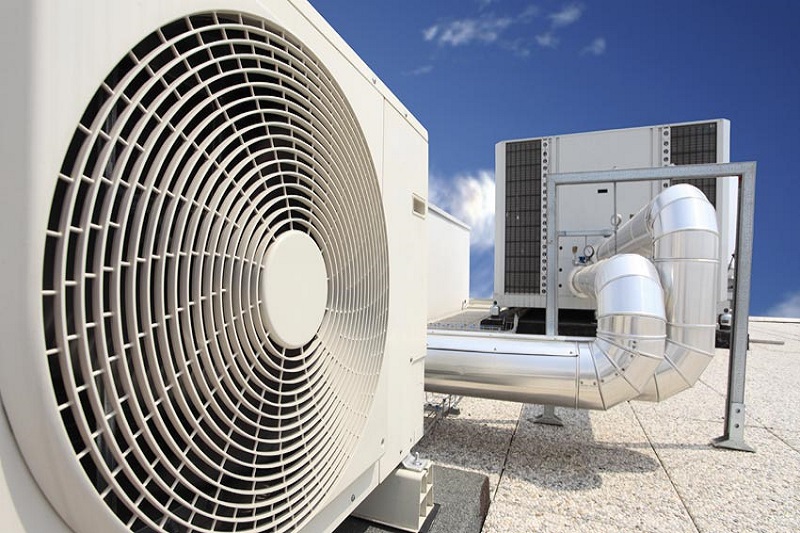
Heating and Cooling
Whether it’s the sweltering heat of summer or the bone-chilling cold of winter, maintaining a comfortable temperature at home is indispensable. It’s not just about comfort, though. Energy and cost-efficiency play a significant role in determining the best heating and cooling solutions for your home. This article delves into various residential heating and cooling systems, highlighting how you can optimize comfort while enhancing efficiency.
In this article, we’re going to dive deep into the world of residential heating and cooling solutions. We’ll explore various systems, from your classic heaters and air conditioners to the more innovative and eco-friendly options such as solar heating and geothermal cooling. We’ll break down the nitty-gritty of each system, highlighting their advantages and potential drawbacks. More importantly, we’ll discuss how you can maximize their efficiency, keeping you and your wallet comfortable all year round.
Now, we don’t just want to keep you toasty warm in winter and refreshingly cool in summer. We want to ensure that you’re achieving these comfort levels without breaking the bank or harming our precious environment. So, whether you’re building a new home or looking to upgrade your current system, this article is your go-to guide for balancing comfort and efficiency in your heating and cooling solutions.
Stay tuned, mate, as we navigate through the ins and outs of residential heating and cooling, helping you to make informed decisions for a more comfortable and sustainable home. We’re all in this together, after all. So let’s make our homes a haven of comfort without compromising on efficiency.
Understanding the Importance of Heating and Cooling Systems
Heating and cooling systems are integral to any home. They not only provide a comfortable living environment but also contribute to the overall health and well-being of the occupants. HVAC systems control humidity levels, improve air quality, and regulate temperature – all crucial factors for a comfortable living space.
Exploring Various Residential Heating and Cooling Solutions
There’s a myriad of residential heating and cooling options available, each with its unique advantages. Traditional systems like furnaces and air conditioners remain popular. However, innovations like heat pumps, radiant heating, and zone control systems are gaining traction for their energy efficiency and cost-effectiveness.
Emphasizing on Energy and Cost Efficiency
Energy efficiency is a significant consideration when choosing a heating and cooling system. Efficient systems consume less energy, reducing your carbon footprint and saving on utility bills. Look for Energy Star-rated appliances and consider factors like the system’s size, your home’s insulation, and the local climate.

The Role of Insulation in Heating and Cooling
Proper insulation is key to optimizing the efficiency of your heating and cooling system. It prevents heat loss in winter and heat gain in summer, reducing the strain on your HVAC system. Consider insulating your home’s walls, roof, floors, and windows for optimal energy efficiency.
The Advent of Smart Thermostats
Smart thermostats have revolutionized residential heating and cooling. These devices allow for precise temperature control, automatic adjustments, and energy usage insights, improving both comfort and efficiency. Some models even offer remote control via smartphone apps, adding a layer of convenience to your home’s temperature management.
The Future: Geothermal Heating and Cooling
Geothermal heating and cooling systems utilize the earth’s stable underground temperature to heat and cool homes. They offer incredible energy efficiency, lower operating costs, and a smaller environmental impact than traditional systems, making them an excellent option for future-focused homeowners.
Conclusion: Balancing Comfort and Efficiency
Finding the right balance between comfort and efficiency in residential heating and cooling can be a challenge. However, with a good understanding of the available options, their advantages, and their energy performance, you can make an informed decision that meets your home’s needs and your budget. Whether you opt for a traditional system or an innovative solution, remember that regular maintenance and proper insulation are key to maximizing your system’s performance and longevity.
While comfort is paramount, making energy-efficient choices contributes to a sustainable future. After all, our homes should not only be comfortable and cost-effective but also kind to the planet.
